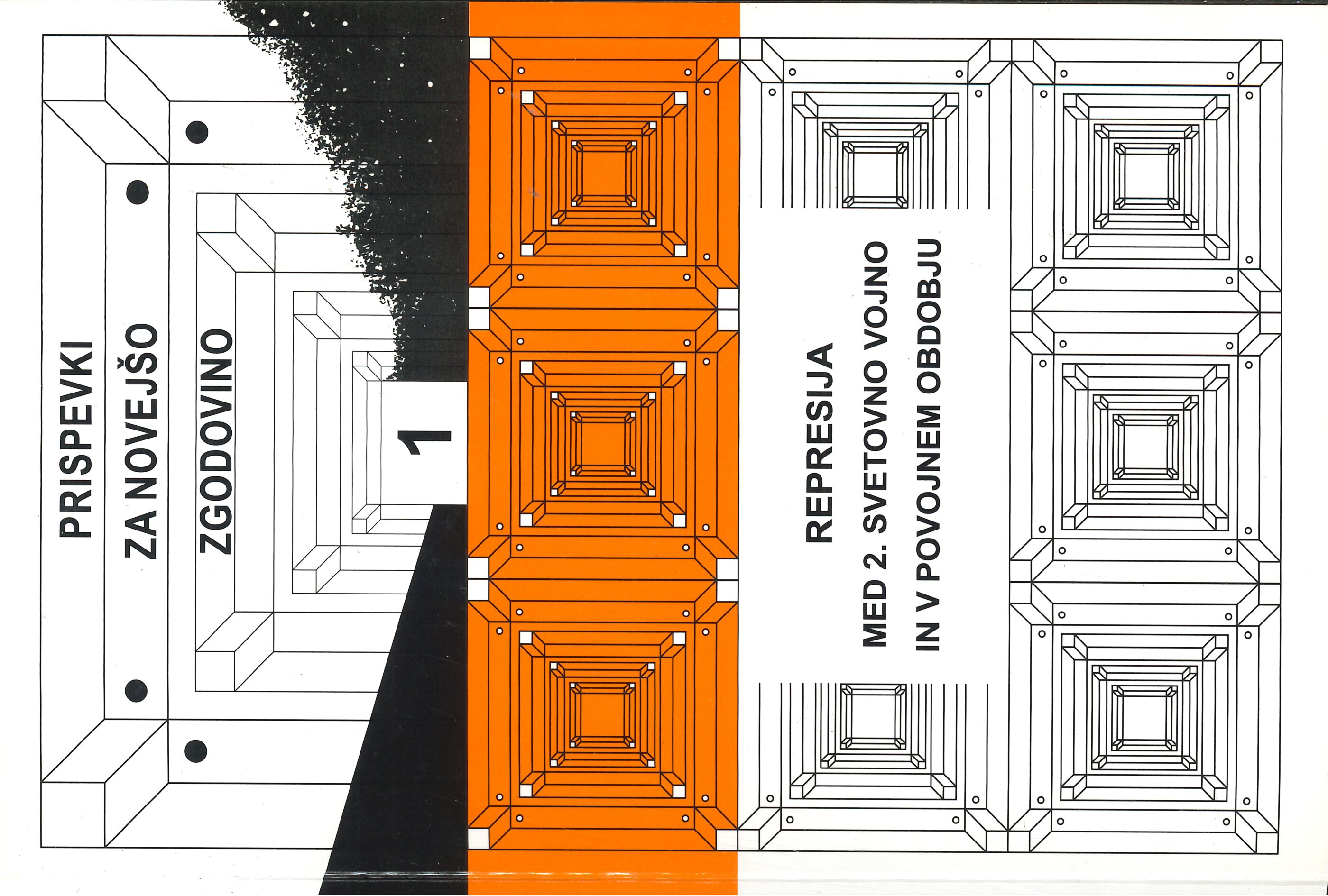Avstrijski in britanski varnostni organi in njihov odnos do koroških Slovencev v prvih letih po drugi svetovni vojni
Keywords:
Carinthia, Austria, Carinthian Slovenians, Provincial Committee of the Liberation Front for Slovenian Carinthia, Karl Prušnik – Gašper, Gerald Sharp, Col. CohenAbstract
AUSTRIAN AND BRITISH SECURITY BODIES AND THEIR ATTITUDE TO CARINTHIAN SLOVENIANS DURING THE FIRST YEARS AFTER THE WORLD WAR II
Immediately after the liberation Carinthian Slovenians – especially those in favour of the annexation of the Carinthian territory inhabited by Slovenians or with mixed population to the homeland – faced various forms of repression carried out by the British military government and Austrian security bodies, subordinate to the British. They mostly suffered due to the general ban on public meetings, prohibition of their own press, and systematic protraction of the restoration of pre‐war political, cultural and economic organisations and societies. The authorities delayed the restoration of the Union of Carinthian Cooperatives until as late as February 1949, causing extensive material damage to the Carinthian Slovenians. The number of cooperative members fell to 10% of pre‐war membership.
Due to activities in the interest of the Slovenian nation, the officials and activists of the Provincial Committee of the Liberation Front for Slovenian Carinthia, its subcommittees and other organisations established during anti‐fascist resistance were tried at military courts. A large number of youth activists received many months of prison sentences, the gatherings were subject to physical attacks, and even individual Slovenian priests were not safe from repression. The authorities refused to issue passports to certain individuals, thus preventing Slovenian officials from stating their demands at international conferences. Security bodies often sought Slovenian periodicals and literature and searched intensively for the collection of texts entitled Koroški zbornik, published in Ljubljana in 1946. All criticism of the measures taken by the occupying forces was forbidden. Of the British officers only Gerald Sharp exhibited a more positive attitude towards Carinthian Slovenians, while many of them have bad memories of the military judge lieutenant colonel Cohen. After the decision reached in Paris on 20 June 1949 that the Austrian‐Yugoslav border is to remain unchanged, the repression gradually subsided.
Downloads
Published
Issue
Section
License
Authors who publish with this journal agree to the following terms:
- Authors retain copyright and grant the journal right of first publication with the work simultaneously licensed under a Creative Commons Attribution License that allows others to share the work with an acknowledgement of the work's authorship and initial publication in this journal.
- Authors are able to enter into separate, additional contractual arrangements for the non-exclusive distribution of the journal's published version of the work (e.g., post it to an institutional repository or publish it in a book), with an acknowledgement of its initial publication in this journal.
- Authors are permitted and encouraged to post their work online (e.g., in institutional repositories or on their website) prior to and during the submission process, as it can lead to productive exchanges, as well as earlier and greater citation of published work (See The Effect of Open Access).


